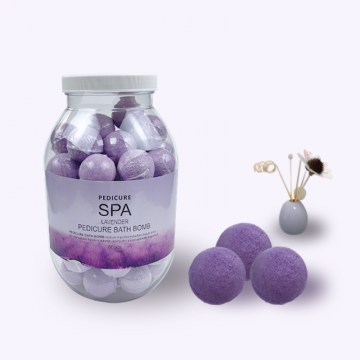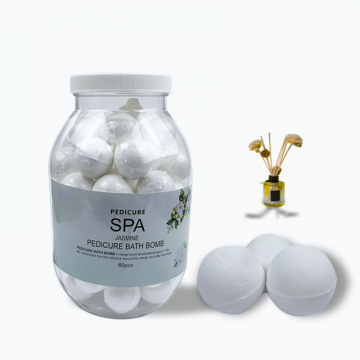Certainly, understanding the differences between soap and cleansers (also known as facial cleansers or cleanser products) is important for effective skincare. Here’s a breakdown of their roles and differences:
Soap:
- Composition: Soap is traditionally made from fats or oils combined with an alkali, such as sodium hydroxide (lye). This process is called saponification. It results in the formation of soap molecules that can interact with both water and oils.
- Cleansing Mechanism: Soap works by emulsifying oils and dirt on the skin’s surface. The hydrophilic (water-attracting) end of the soap molecule binds to water, while the hydrophobic (oil-attracting) end attaches to dirt and oils. This allows for the dirt and oils to be lifted off the skin and rinsed away with water.
- Skin Type Consideration: Traditional soap can be harsh on the skin’s natural barrier. It might strip away too much natural oil, leading to dryness, irritation, and even exacerbating certain skin conditions, especially for individuals with sensitive or dry skin.
- pH: Soap is generally alkaline, which can disrupt the skin’s natural pH balance and lead to irritation for some individuals.
Cleansers:
- Composition: Cleansers are formulated with various ingredients, including surfactants, humectants, emollients, and sometimes exfoliating agents. These ingredients are chosen to cleanse the skin while minimizing potential damage.
- Cleansing Mechanism: Like soap, cleansers contain surfactants that help to lift and remove dirt, oil, and makeup from the skin’s surface. However, the formulation of cleansers can be customized to be gentler on the skin’s natural barrier.
- Skin Type Consideration: Cleansers are often formulated to cater to different skin types. There are cleansers for sensitive skin, dry skin, oily skin, and acne-prone skin. Some cleansers might contain moisturizing ingredients to help maintain the skin’s hydration.
- pH: Many modern cleansers are formulated to be pH-balanced or close to the skin’s natural pH, which reduces the likelihood of disrupting the skin’s barrier and causing irritation.
Choosing Between Soap and Cleanser: When choosing between soap and cleanser, consider your skin type, concerns, and sensitivities:
- Soap: Traditional soap might be suitable for individuals with very oily and resilient skin, but it’s generally not recommended for those with sensitive, dry, or compromised skin.
- Cleansers: Cleansers are often a better choice for most people since they come in various formulations catering to different skin types. Look for gentle cleansers that match your skin’s needs. For sensitive or dry skin, opt for a moisturizing and mild cleanser.
It’s important to note that skincare needs can vary widely from person to person. Consulting with a dermatologist or skincare professional can provide personalized recommendations based on your unique skin characteristics and concerns.








